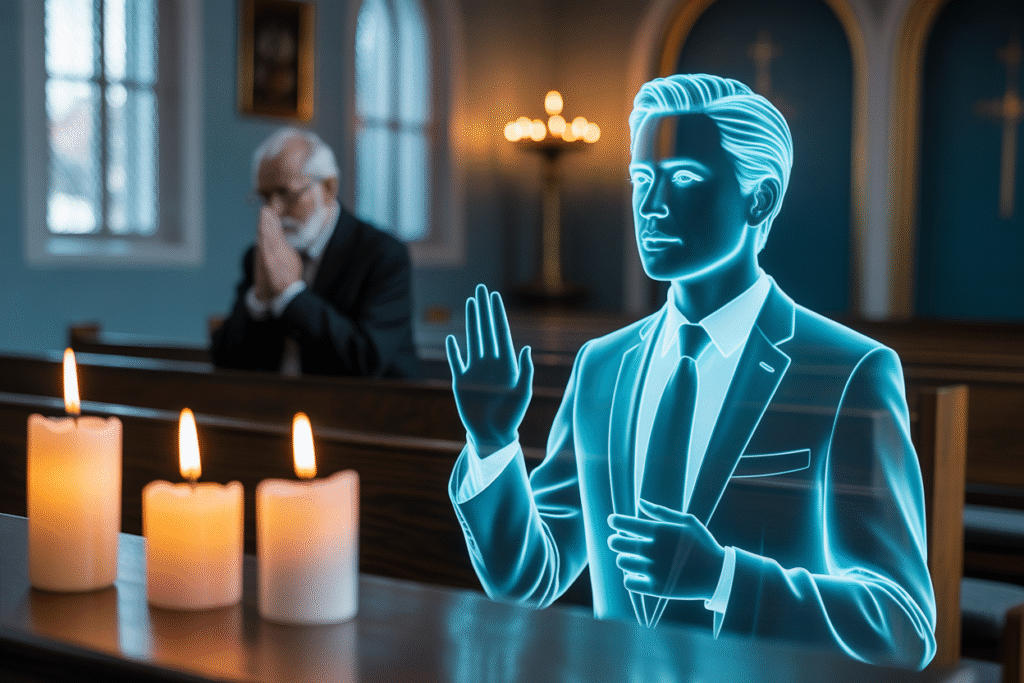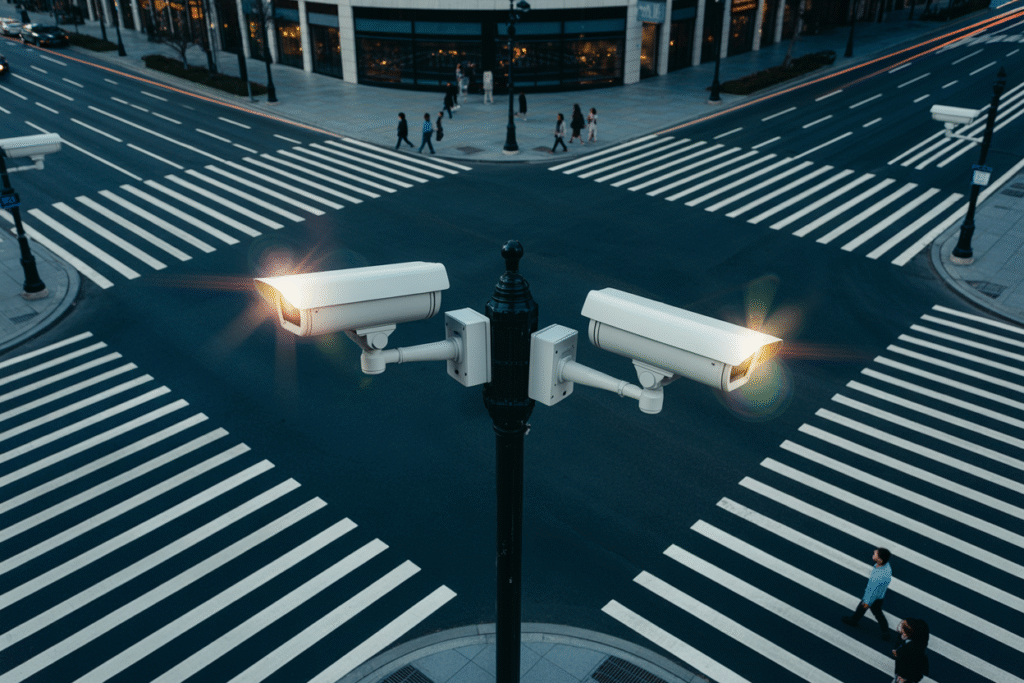From deepfake prophets to simulated prayers—how AI is rewriting the sacred rules of religion and ethics in real time.
Imagine waking up to a sermon written by a chatbot, receiving a confession request from a holographic priest, or scrolling past a viral prophecy generated in seconds by an AI trained on every scripture known to man—and social media. What felt like sci-fi last year is leaking into our feeds today. This article dives into the freshest discussions, controversies, and soul-level questions swirling around AI and religion right now, pulled from debates happening only within the last three hours online.
Digital Prophets and Counterfeit Grace
Theologians and techno-philosophers are clashing over whether AI can ever host a genuine encounter with the divine. One viral post by @JigokuCake used the idea of “counter-tradition” prophesied by René Guénon. In short, Guénon feared that societies eventually mimic sacred forms so well that worship becomes pure theater.
AI, the argument goes, removes the ineffable part—the mystery, awe, and free will—leaving only a programmable husk. We’ve already seen early signs: chatbots marketed as spiritual companions offering bite-sized “prayers” and algorithmic horoscopes tuned to your shopping history.
Critics say this cheapens faith into dopamine loops, hijacking vulnerable minds during mental-health crises. Advocates counter that AI democratizes access, giving voice to the secluded believer who can’t reach a human minister. The tension feels new, yet anything that promises salvation without sacrifice always has a snake-oil aftertaste.
Reality Fades: Deepfakes as Moral Earthquakes
@EmbracingTara’s thread exploded last night, painting a world where fake videos of the Pope endorsing war, or a fabricated clip of an Imam dissolving marriage vows, outrace fact-checkers by minutes. When truth itself is negotiable, trust in religious authority erodes first, then governments, then society’s whole moral scaffolding.
Think about it: one convincing deepfake apology could absolve an entire megachurch scandal, or spark lynch mobs because a synthetic clip depicted desecration. Who do we sue—the algorithm, the user, or the platform?
Law-enforcement agencies are already testing AI-generated evidence for court cases, a practice civil-rights groups label Pandora’s box. The doomsayer scenario isn’t theoretical anymore; it’s streaming from our pockets every hour.
Thought Surveillance and the Last Fruits of Free Will
@xcoding1 stitched AI misuse straight into apocalyptic prophecy, warning that neural implants could “read” guilt before it surfaces as speech. Translation: your silent confession becomes evidence the moment guilt spikes.
The chilling leap here isn’t just privacy loss; it’s theological. If an algorithm can monitor motives better than you or your deity, who needs grace? Who needs forgiveness when shame is pre-punished?
Christian and Islamic scholars differ on whether such tech represents the “mark of the beast” or just sophisticated policing. Secular ethicists fear brain-conversion tech that automatically deletes sinful thoughts, turning moral struggle into firmware updates. Imagine prayer engineered like an app notification—efficient, antiseptic, soulless.
Collaborative Liturgies or Lobotomized Devotion?
Not everyone believes AI is Eden’s serpent redux. Some progressive denominations are piloting AI choirs that pull ancient chant styles from archives, generating worship music tailored to congregational mood data. A Lutheran church in Helsinki even uses generative art to project pixelated icons that morph as attendees pray via mood trackers.
Effect? Critics call it Disneyland-meets-pietism; advocates praise increased inclusivity for neurodivergent attendees who struggle with verbal liturgy. Yet even supporters admit the medium risks the message; what happens when the AI “learns” and quietly deletes verses that trigger negative sentiment analytics?
Scarier thought: if worshippers end the day preferring the AI-generated homily over the human pastor, does the soul seek God—or efficient emotional regulation?
The Only Firewall Left Gut-Level Discernment
Here’s the hard truth: regulation lags a decade behind algorithmic capability. Meanwhile, each scroll reshapes our moral reflexes, teaching us that outrage is currency and empathy is optional.
So what do we actually do?
Start small: pause before sharing the latest viral miracle video overnight. Track who profits from the awe they generate. Ask two questions: Does this tech honor human dignity, and would your great-grandmother scold or bless the behavior it nudges you toward? Communities banding together to pressure platforms—see the Vatican’s recent AI ethics pact—have pushed companies to shelve unethical projects.
Most importantly, storytellers among us must keep reminding the collective conscience: salvation isn’t downloaded, it’s lived. If we cede that frame, even God becomes just another brand.


